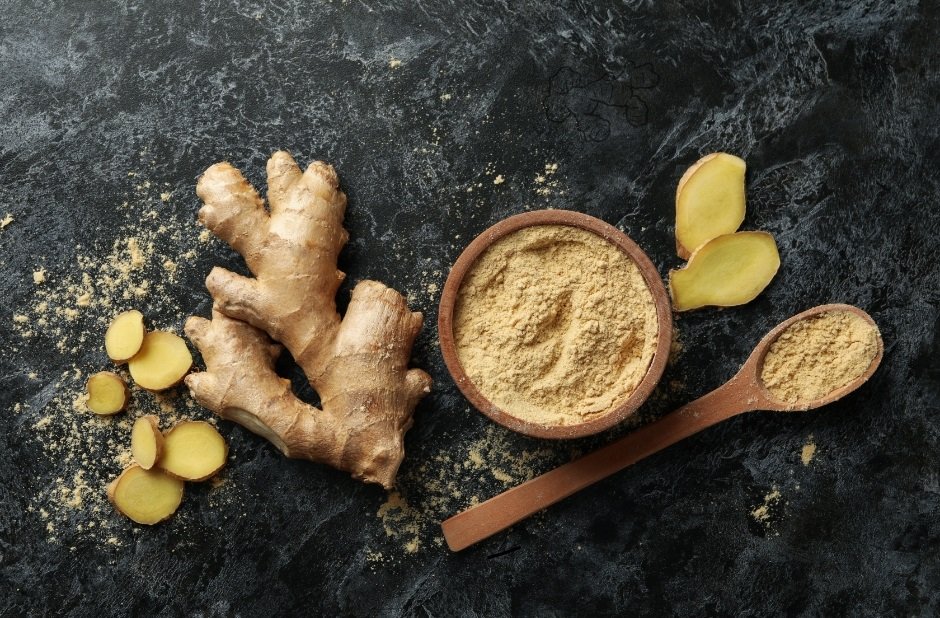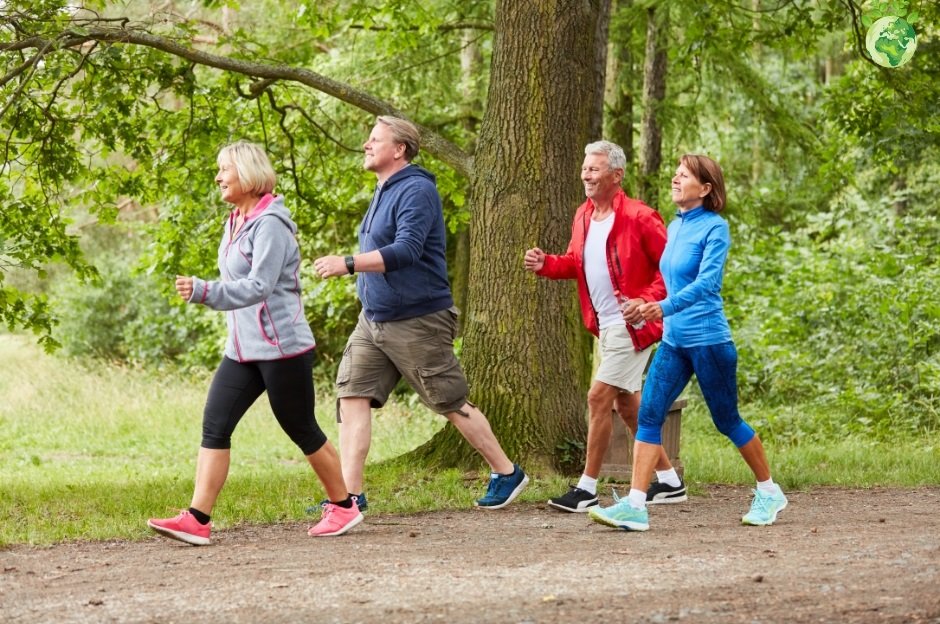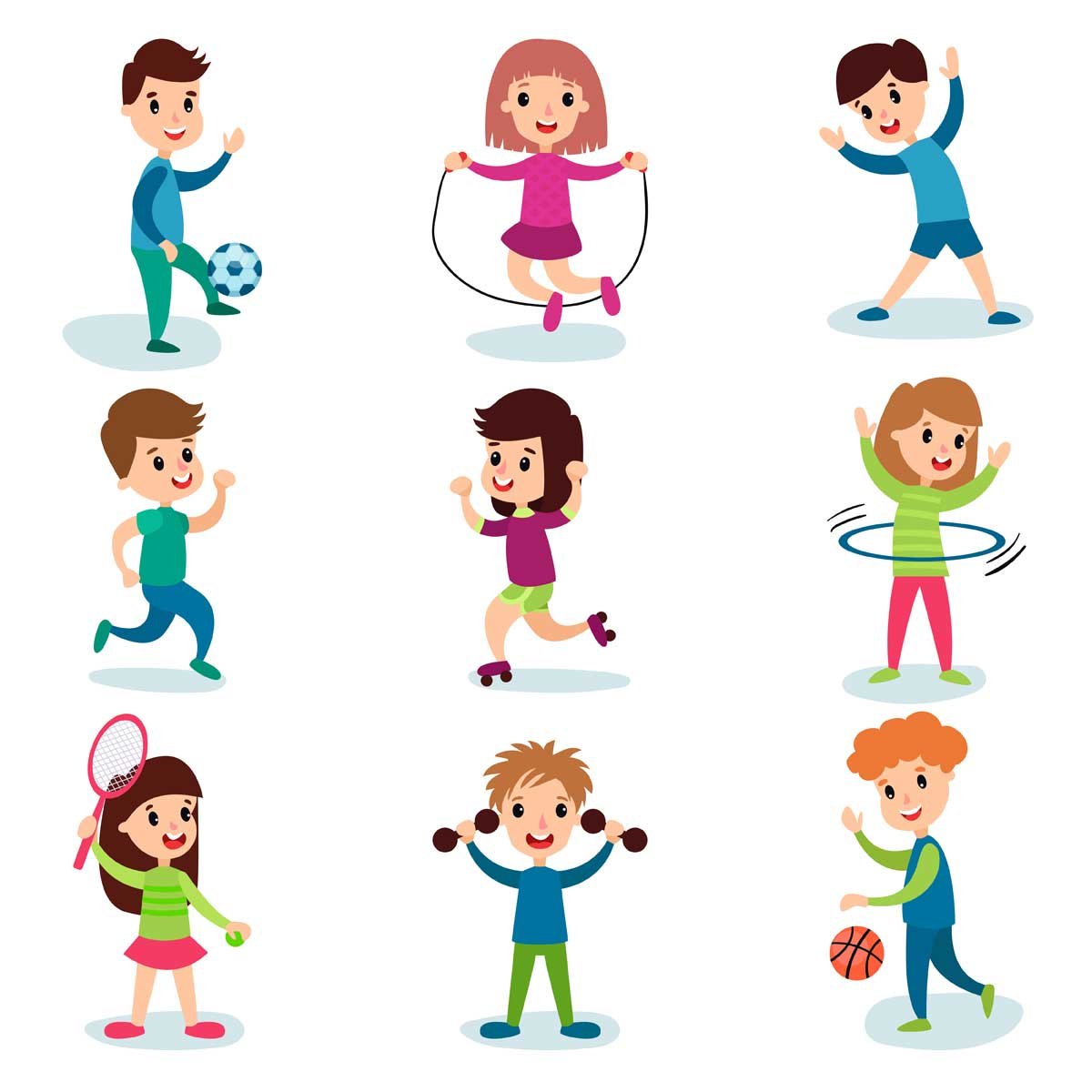The Incredible Top 10 Benefits of Physical Activity for Little Ones
Physical activity plays a critical role in the healthy development of babies and young children. Performing age-appropriate exercises not only contributes to physical well-being but also supports various aspects of cognitive, social and emotional growth. In this article, we’ll explore the top 10 benefits of incorporating regular physical activity into your little ones’ lives.
Development of motor skills
Physical activity helps babies and toddlers hone their fine and gross motor skills. Activities such as crawling, walking, and grasping objects contribute to the development of coordination and control, laying the foundation for more complex movements as they grow.
Cognitive improvement
Active play stimulates cognitive function and brain development in young children. As they engage in physical activities, they learn to solve problems, make decisions, and improve their spatial awareness, all of which contribute to overall cognitive development.
Healthy growth and bone development
Weight-bearing activities, such as crawling or standing, promote healthy bone development and muscle strength in infants and toddlers. Regular physical activity also promotes the growth of a strong and resistant skeletal system.
Improved Sleep Patterns
Physical activity can help babies and young children sleep better. The energy expended during active play helps regulate sleep patterns, resulting in calmer nights for both child and parent.
Improved social skills
Group activities and play dates introduce babies and toddlers to social interactions, encouraging the development of essential social skills. Sharing toys, taking turns and interacting with peers contributes to the formation of positive social behaviors.
Emotional Regulation
Physical activity has been linked to better mood and emotional well-being in young children. Active play releases endorphins, reducing stress and promoting a positive emotional state. This helps young children learn to regulate their emotions effectively.
Language development
Exploring the environment through physical activity provides infants and toddlers with opportunities to expand their vocabulary. Describing movements, objects and actions during play improves language development and communication skills.
Prevention of Childhood Obesity
Establishing healthy physical activity habits at an early age can contribute to the prevention of childhood obesity. Active play and exercise promote a healthy weight and lay the foundation for a lifetime of good health habits.
Improved Sensory Integration
Physical activities engage multiple senses simultaneously, promoting sensory integration. This is crucial for the development of sensory processing skills, which contribute to the child’s ability to interpret and respond to sensory information effectively.
Build confidence and independence
As babies and toddlers master new physical skills, they gain confidence in their abilities. This newfound confidence extends beyond physical activities and positively impacts their overall sense of independence and self-esteem.
Remarks
Integrating physical activity into the daily routine of babies and toddlers offers countless benefits that go far beyond physical health. From cognitive development to social skills and emotional well-being, the positive impact of active play lays a solid foundation for a lifetime of health and well-being. Embrace the joy of movement with your little ones to unlock their full potential and set them on the path to a happy, healthy future.













